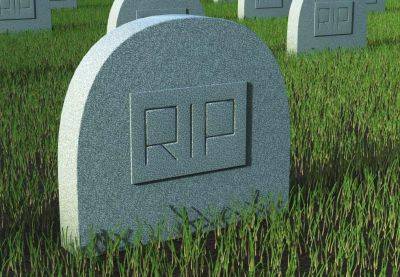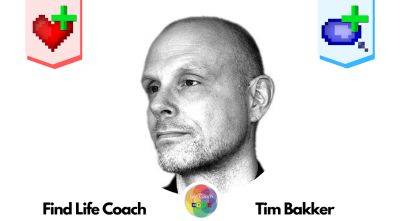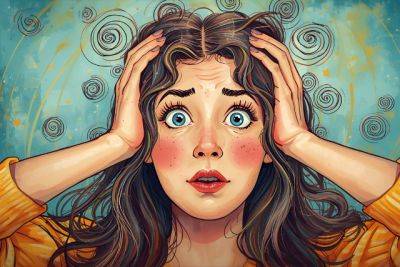ADHD Is the Disorder That Never Sleeps
With ADHD, we think of challenges that appear from dawn to dusk – distractibility, impulsivity, emotional dysregulation. A growing body of research, however, has discovered that some of ADHD’s most impairing challenges emerge at (and after) bedtime.
Though these challenges relate to sleep, their consequences reverberate around the clock.Whether an early bird, night owl, or something in between, each of us has an internal clock that determines our sleep rhythm.
This clock, located in the mid-brain, is heritable and it starts ticking in childhood. Because it directs the rhythms of all bodily organs, it has far-reaching influence.Most people with ADHD (up to 80%) are night owls, with a significantly later sleep rhythm than non-ADHD individuals.
My colleagues and I quantified this discrepancy through a sleep study in which we measured the timing of melatonin production in the saliva of people with and without ADHD.
Read more on additudemag.com


































